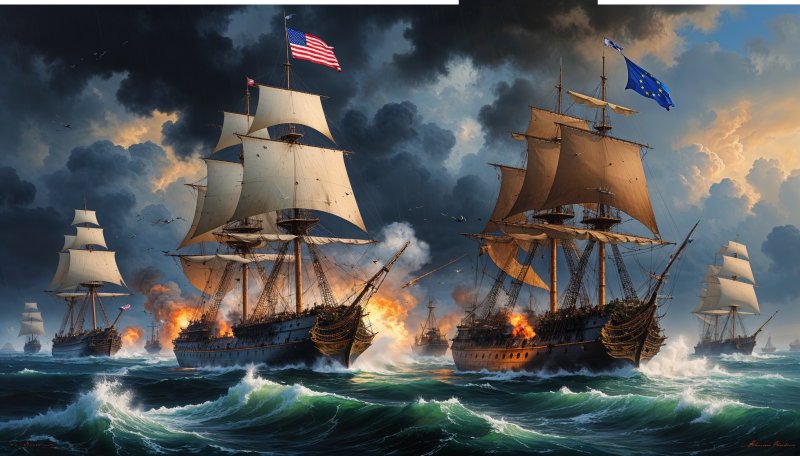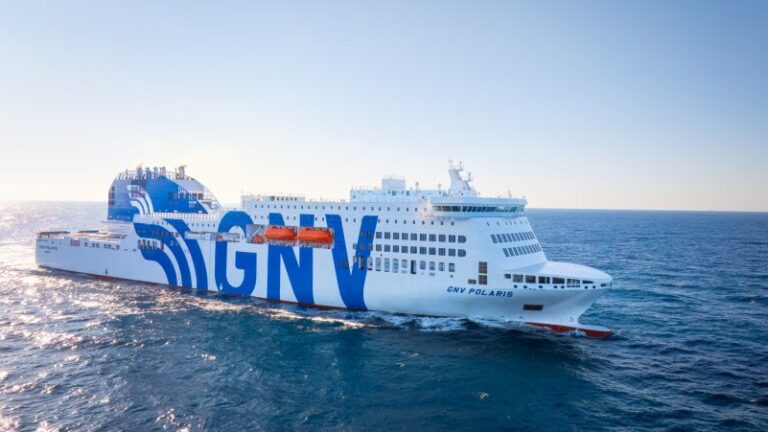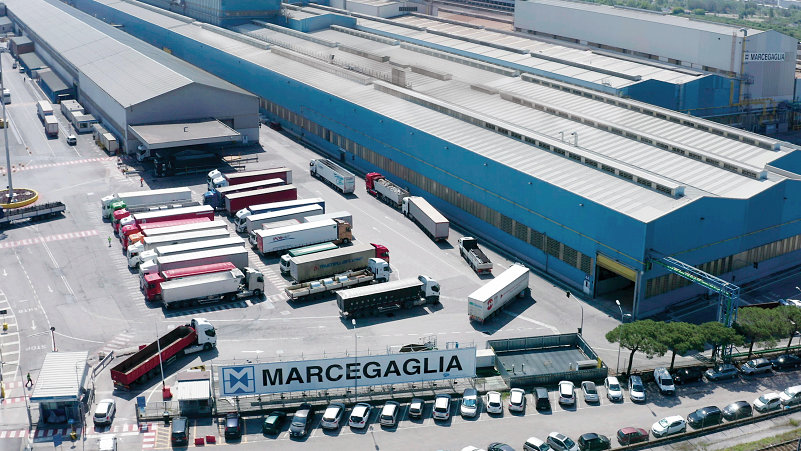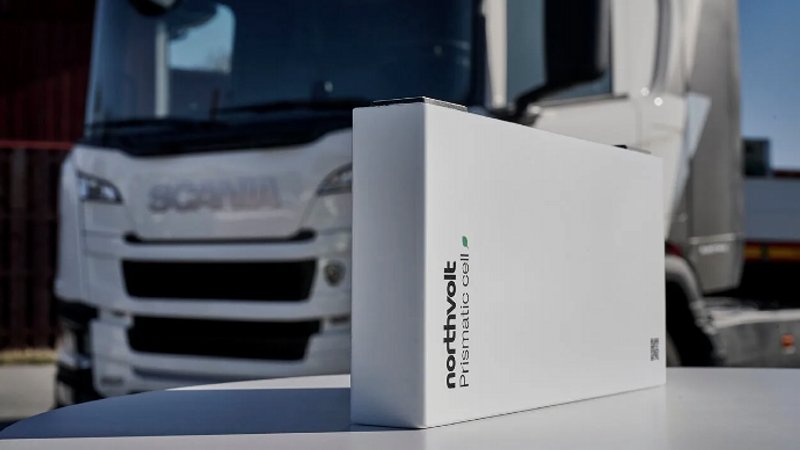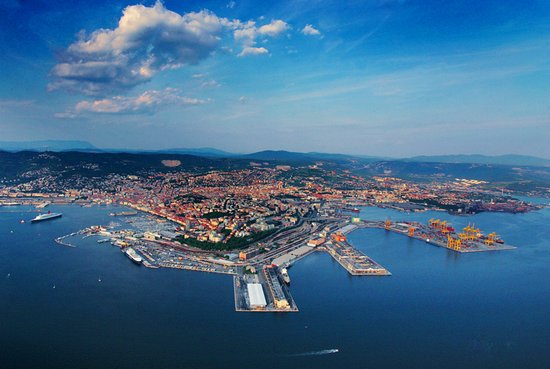MSC, through its subsidiary Grandi Navi Veloci, is increasing competitive pressure in the ro-ro and ro-pax segments against Grimaldi Group. To achieve this, GNV ordered four identical ro-pax vessels from China's Guangzhou Shipyard International. The first vessel, named Gnv Polaris, was delivered at the end of 2024, while the second, Gnv Orion, will be handed over by summer 2025. The final two, named Gnv Virgo and Gnv Aurora, are scheduled to launch between the end of 2025 and 2026, approximately eleven months ahead of their original delivery timeline.
Each of these new ro-pax vessels measures 218 metres in length and can accommodate between 1,500 and 1,785 passengers. They offer roughly 3,100 lane metres dedicated to vehicle transport and reach a maximum speed of 25 knots. Passengers onboard will benefit from a wide variety of amenities, including restaurants, shops, lounges, children's play areas, and potentially isolation areas, as indicated by the Biosafe certification awarded to Gnv Polaris—the first Chinese-built vessel to receive this certification. The new ships comply with Imo Tier III and Eedi Phase II standards, and the Gnv Virgo and Gnv Aurora will also be capable of running on liquefied natural gas.
On the Gnv Polaris, the company has adopted machine learning and predictive modelling systems developed by Rina to optimise fuel consumption. Known as Sertica Performance, this system uses predictive techniques based on artificial intelligence, which, according to Rina, could reduce fuel consumption and related CO₂ emissions by up to thirty percent. Additional fuel-saving measures include improvements to hull design, an optimised bulbous bow, efficient propellers, and silicone-based hull coating.
Currently, Gnv operates a fleet of 28 ships, serving 31 routes across seven Mediterranean countries, including Sardinia, Sicily, Spain, Tunisia, Morocco, France, and Albania. These new ro-pax vessels are intended to replace older ships within the fleet. Recently, Gnv decommissioned the Gnv Aries, while La Suprema will be scrapped following a fire incident in the port of Palermo on 14 January 2023. In March 2024, Gnv acquired the Moby Vinci from Moby, renaming her Gnv Sirio, and the Sharden from Tirrenia, renamed Gnv Auriga. Both these vessels offer around 2,000 lane metres. MSC currently holds a 49% stake in Gruppo Onorato, which controls both Moby and Tirrenia.
The increased capacity and advanced onboard services offered by the new ships are expected to enhance Gnv’s competitive position in the Mediterranean, especially benefiting routes connecting Sicily, Sardinia, and the Balearic Islands in Spain. However, it remains essential to consider competition from established operators on routes such as Genoa-Palermo. By providing enhanced capacity, modern amenities, and a clear commitment to sustainability, Gnv could differentiate itself from competitors and better respond to evolving customer preferences, potentially driving increased revenues and long-term profitability.





